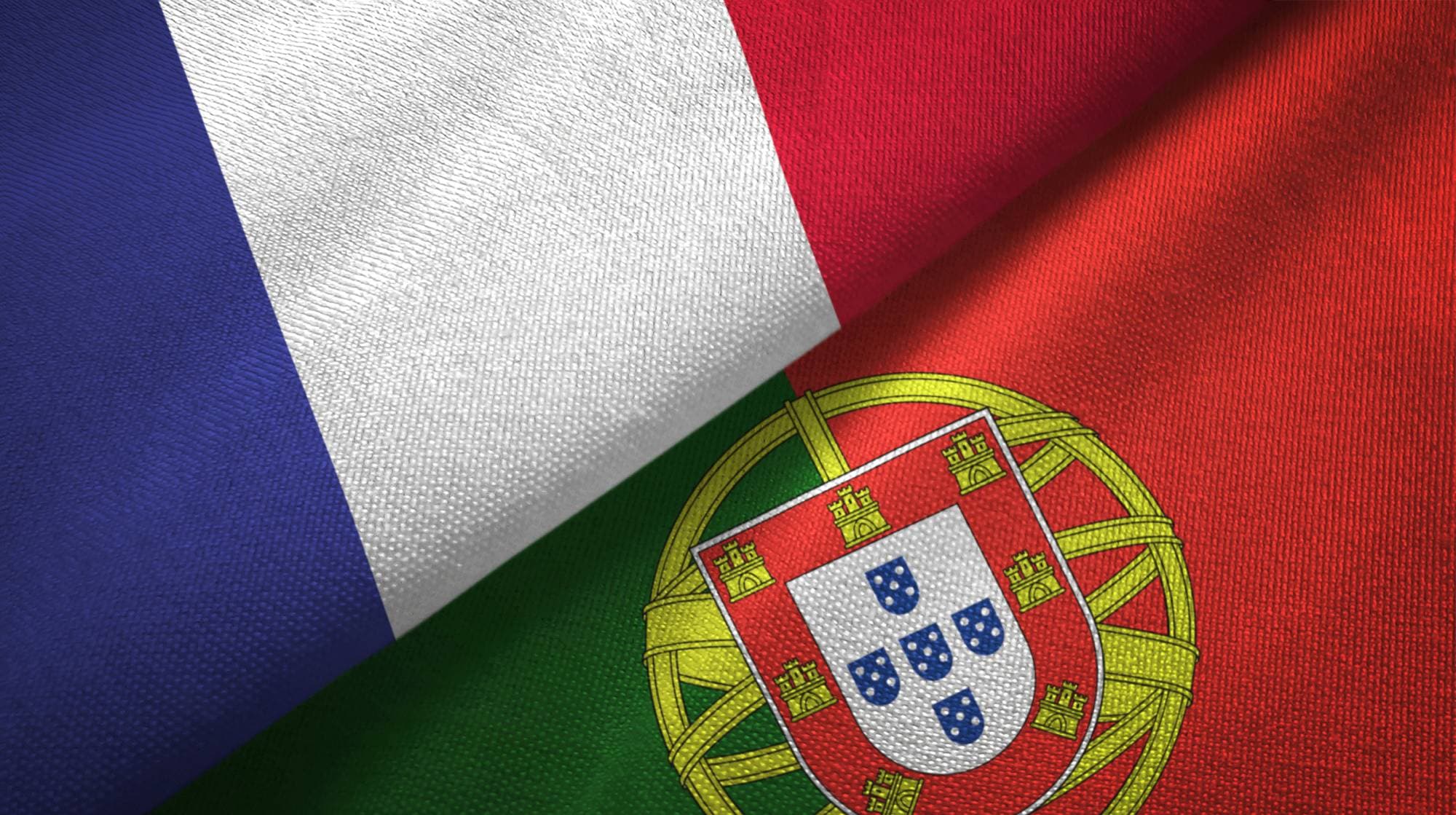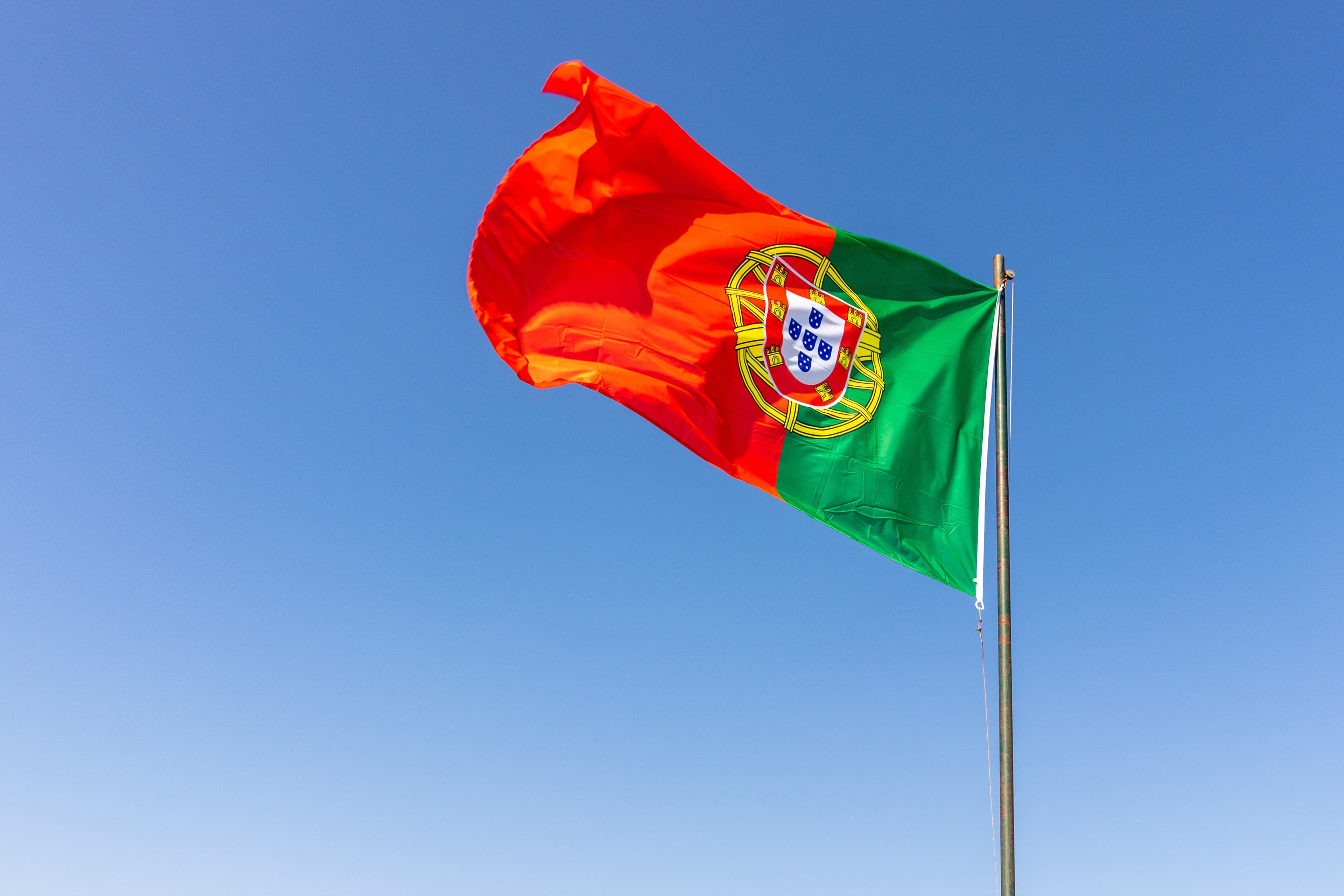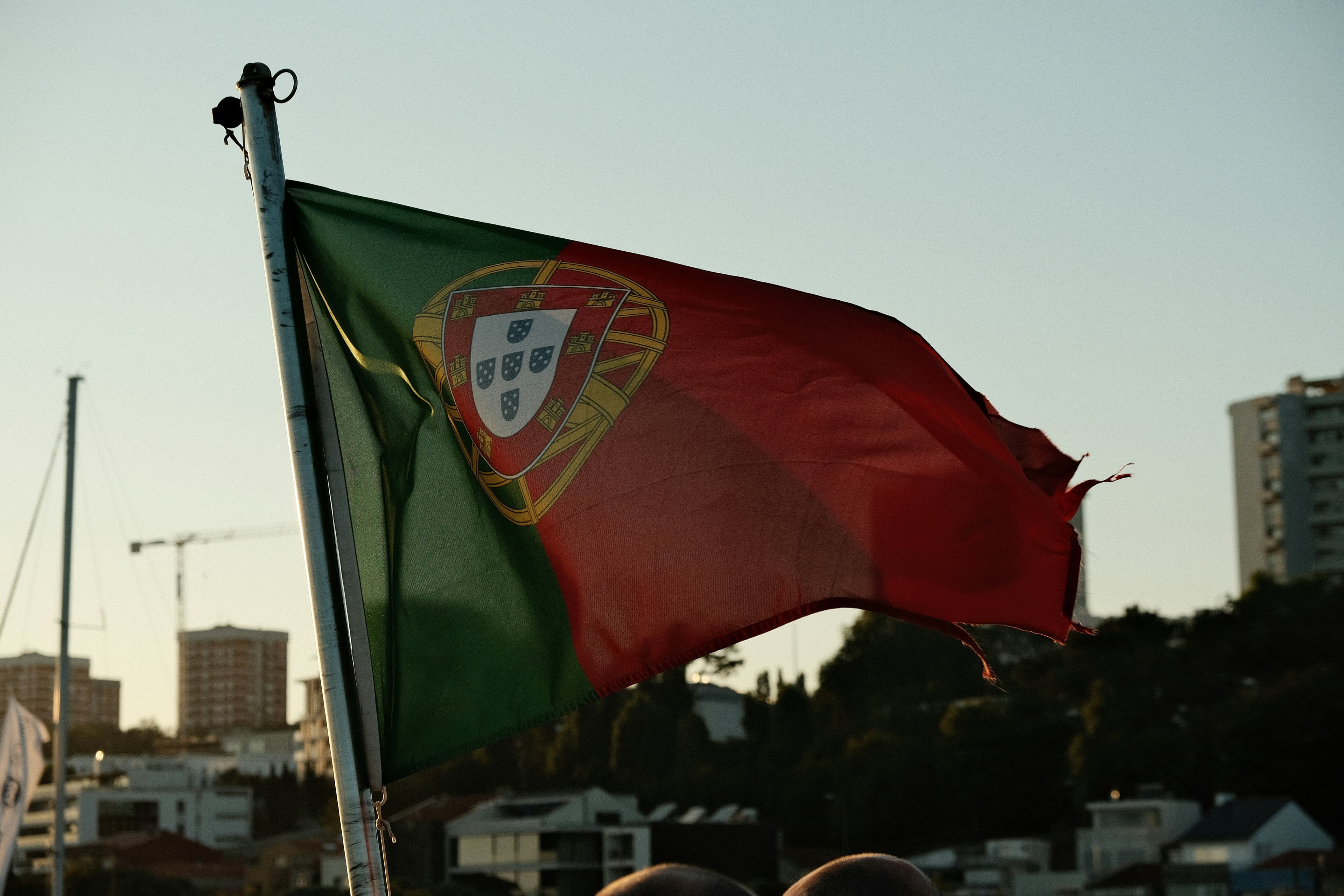
Portuguese Schools and Universities: Choosing the Right One for Your Children
A complete guide to understanding the Portuguese education system, from preschool to university, and helping your children grow in a European environment that’s constantly evolving.
Settling in Portugal is often a dream of sunshine, culture, and quality of life. But for families, another challenge quickly arises: schooling. Whether for young children or teenagers, choosing the right school or university is an essential step toward successful integration. Portugal offers a dynamic, modernized, and globally oriented education system, standing at the crossroads of Latin tradition and European innovation. Here’s a full overview to help you make the right choices.
A Clear and Accessible School System
The Portuguese education system is divided into several stages: preschool education (ages 3 to 6), basic education (divided into three cycles up to age 15), and secondary education, which leads to the equivalent of a high school diploma.
Public schools are free and generally of good quality, though sometimes uneven depending on the region. Private institutions, common in large cities, often offer bilingual or international programs with more personalized support.
More and more foreign families are choosing Portugal for the stability of its education system, its safety, and the attention paid to student well-being.
Public Schools in Portugal
Public schools welcome all children residing in the country, regardless of status. Education is free, with standardized programs set by the Ministry of Education. Classes usually have around 20 to 25 students.
Portuguese teachers are known for their rigor and closeness with students. The teaching approach emphasizes understanding, collaboration, and creativity.
Foreign language learning starts early, usually with English, sometimes French or Spanish.
It’s the ideal solution for full immersion in the culture and language of the country, though it requires an adjustment period, especially for non-Portuguese-speaking children.
Private and International Schools
Private schools offer a wide range of options: traditional Catholic schools, bilingual institutions, international English or French schools, and schools offering the International Baccalaureate program.
In Lisbon, Porto, or Cascais, international schools are numerous. They attract families from Europe, Africa, and Asia, and provide multicultural environments.
Teaching is often in English, sometimes mixed (English-Portuguese or French-Portuguese). These schools focus on individualized teaching, smaller classes, and a variety of extracurricular activities.
Tuition is higher (between €5,000 and €15,000 per year depending on the level), but the quality of facilities and educational support often justifies the investment.
Higher Education in Portugal
Portugal has a dense and well-recognized university network. There are public and private universities as well as polytechnic institutes.
The universities of Lisbon, Porto, Coimbra, and Aveiro are among the most renowned, some ranked among Europe’s best.
Courses are offered in Portuguese, but an increasing number of programs are available in English, particularly in business, science, engineering, and design.
Tuition fees remain affordable compared to other European countries: public universities cost between €700 and €1,500 per year, while private institutions can reach between €5,000 and €8,000.
The system follows the European LMD model (Bachelor’s, Master’s, Doctorate), making degrees easily recognized throughout the European Union.

French Schools and Other Foreign Systems
For French-speaking families, Portugal has several schools following the French national curriculum, accredited by the AEFE. These can be found in Lisbon, Porto, and the Algarve.
These schools allow students to continue their French education while being exposed to Portuguese culture, which reassures many expatriate parents.
There are also other international schools: British, German, American, and Swiss, each with its own teaching methods and educational values.
This is an ideal option for children who have already studied in international systems and wish to maintain continuity in their education.
Student Life and Quality of Living
Portuguese universities are known for their friendly and welcoming student atmosphere. Campuses are modern, libraries are plentiful, and student associations are active.
The cost of living is reasonable: student housing costs an average of €350 to €500 per month, and public transport is affordable.
University cities like Coimbra or Braga offer a vibrant cultural life, while Lisbon and Porto attract students with their urban energy and international atmosphere.
Foreign students benefit from true inclusion and easily find exchange programs such as Erasmus+ or dual-degree partnerships.
Education and the Portuguese Way of Life
Education in Portugal is not only about academic learning — it’s also an immersion in a balanced way of life.
Children learn to respect collective rhythm, work in teams, and value creativity. Schools encourage community involvement, sports, and the arts.
The general atmosphere is caring and less competitive than in some systems, fostering harmonious development and natural curiosity.
Tips for Making the Right Choice
To choose the right school or university for your children in Portugal, it’s recommended to:
- Define your priorities: language immersion, academic level, international environment, or curriculum continuity.
- Visit the institutions: meeting teachers and discovering the environment is often decisive.
- Compare programs and schedules, which can differ significantly between schools.
- Consider location and commuting time: some urban areas can be congested during peak hours.
Finally, remember that Portugal values proximity: neighborhood schools play an important role in community life and help children integrate quickly.
Conclusion
Choosing a school or university in Portugal is much more than an academic decision — it’s a life choice.
Between the rigor of public schools, the diversity of private institutions, and the vitality of university life, the country offers a range of options suited to all profiles.
Portugal promotes a human, open, and modern approach to education — an environment where children and young adults can thrive, learn, and build their future under the sun.
Share this article
Suggested articles

Cultural Differences Between France and Portugal in Everyday Life
France and Portugal share a long common history built on respect and friendship. But living between the two countries means discovering how much small habits, ways of speaking, or daily routines differ. These cultural nuances, sometimes amusing, sometimes surprising, reveal a lot about the character of both peoples. Between lifestyle, communication, cuisine, family, or work, this is a journey into the heart of the French-Portuguese differences that make this relationship so rich.

Buy or Rent in Portugal: Which Housing Choice?
Portugal continues to attract: mild climate, vibrant culture, sunny gastronomy, and a relaxed pace of life. But when the time comes to settle or invest, one big question arises: should you buy or rent? The choice of housing, often emotional, becomes here a truly strategic decision. This guide helps you understand the differences, weigh the advantages, and choose the solution that best suits your project.

Truly Integrating into Portugal: Understanding the Local Mentality
There are countries where you arrive, unpack your bags, learn three words of the language, and think, “I’m integrated.” Portugal isn’t that kind of country. Here, integration isn’t about ticking boxes. It’s a slow conquest, a story of listening, of observation, of small gestures, and above all, of humility.

The Cost of Living in Portugal in 2025: Between Reality and Myth
For years, Portugal had that image of a small sunny paradise, where life cost almost nothing, where you could live like a king on a modest salary, and where retirees from Northern Europe came to settle down to “enjoy life.”

Mistakes to avoid when moving to Portugal
It’s a common mistake: imagining that moving to Portugal means leaving all modern life’s problems behind. The country may be welcoming, stable and warm, but it’s still a European nation with its own challenges.

Living in Portugal without speaking Portuguese myth or reality
Portugal is one of those rare countries where you can arrive without feeling completely lost. Young people speak English fluently, waiters switch easily between several languages, and even in public offices there’s almost always someone ready to help in French or Spanish. It’s not a myth: the Portuguese have a real talent for languages and, above all, they never make you feel bad for not speaking theirs.


